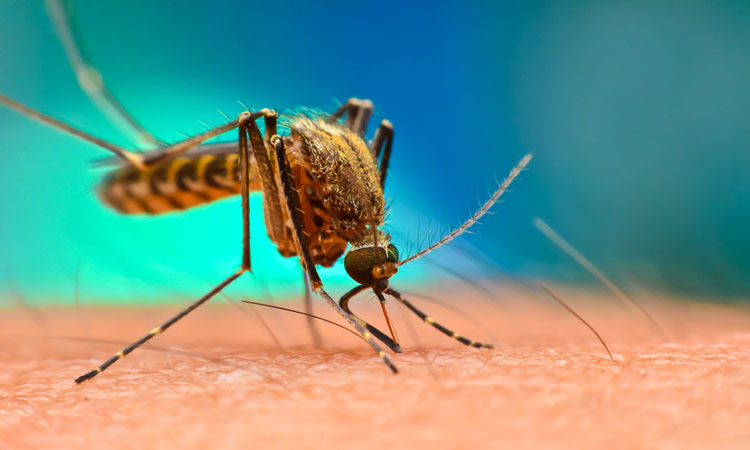Treating malaria using artemisinin-based combination therapy (ACT)
Posted: 10 January 2019 | Iqra Farooq (European Pharmaceutical Review) | No comments yet
The artemisinin-based combination therapy (ACT), pyronaridine-artesunate, has been shown to be as effective in treating malaria as other drugs…


A study has given insight on the efficacy of using artemisinin-based combination therapy (ACT), pyronaridine-artesunate, for the treatment of malaria in areas of the world where resistance to other ACTs is now becoming a problem.
The researchers found this treatment to be as effective as the currently used treatment, and in some cases was better. Researchers at the Liverpool School of Tropical Medicine, looked at results from ten clinical trials that made a comparison between pyronaridine-artesunate and other currently used treatments for people affected by Plasmodium falciparum malaria.
The World Health Organization (WHO) currently recommends that ACTs are used to treat uncomplicated P. falciparum malaria. However, due to their ongoing artemisinin resistance, global initiatives have been launched to develop new and partner drugs to protect the efficacy of the original treatment.
The independant authors, Joseph Pryce and Dr Paul Hine assessed the efficacy of pyronaridine-artesunate for the treatment of malaria.
The corresponding author of the study, Dr Hine, said: “The need to find novel ACTs is important so that we can protect the efficacy of the artemisinin derivatives within them. The evidence that we found clearly showed at pyronaridine-artesunate performs as well, if not better than some of the currently marketed ACTs.”
Of the ten studies investigated, five of them specifically looked at the safety of the drug, with two of the trials exclusively recruiting children under the age of 12.
Pryce, one of the authors, said: “We found that pyronaridine-artesunate did increase the risk of having blood tests that showed mild liver injury, but there was no evidence that this caused severe or irreversible damage.
“The findings of this review’s efficacy analysis support the recommendation for using pyronaridine-artesunate in areas of multiple drug resistance, providing effective malaria treatment where other treatments may be failing.”
The full study can be found here.
Related topics
Analytical techniques, Clinical Development, Clinical Trials, Drug Development, Research & Development (R&D)









